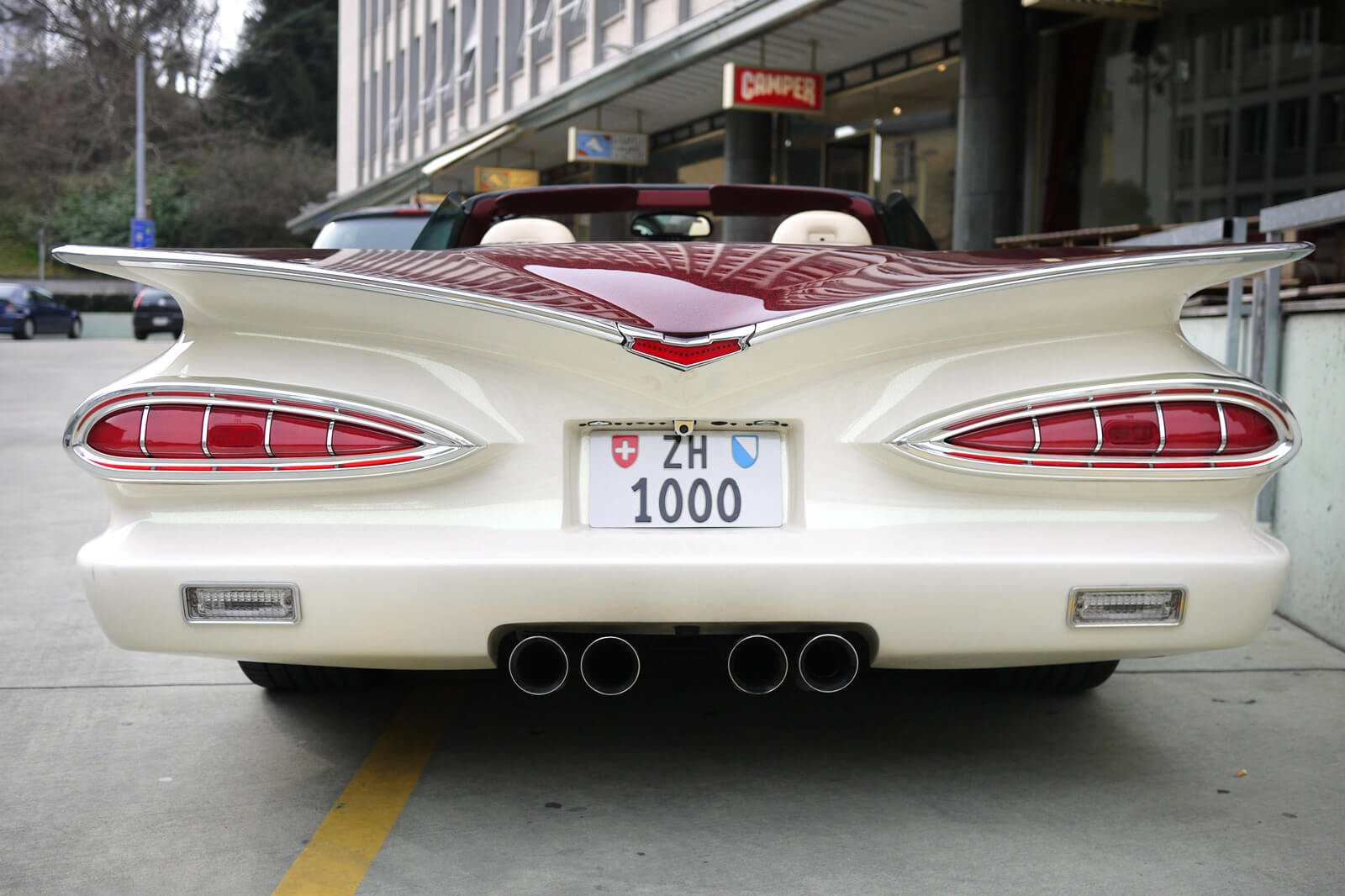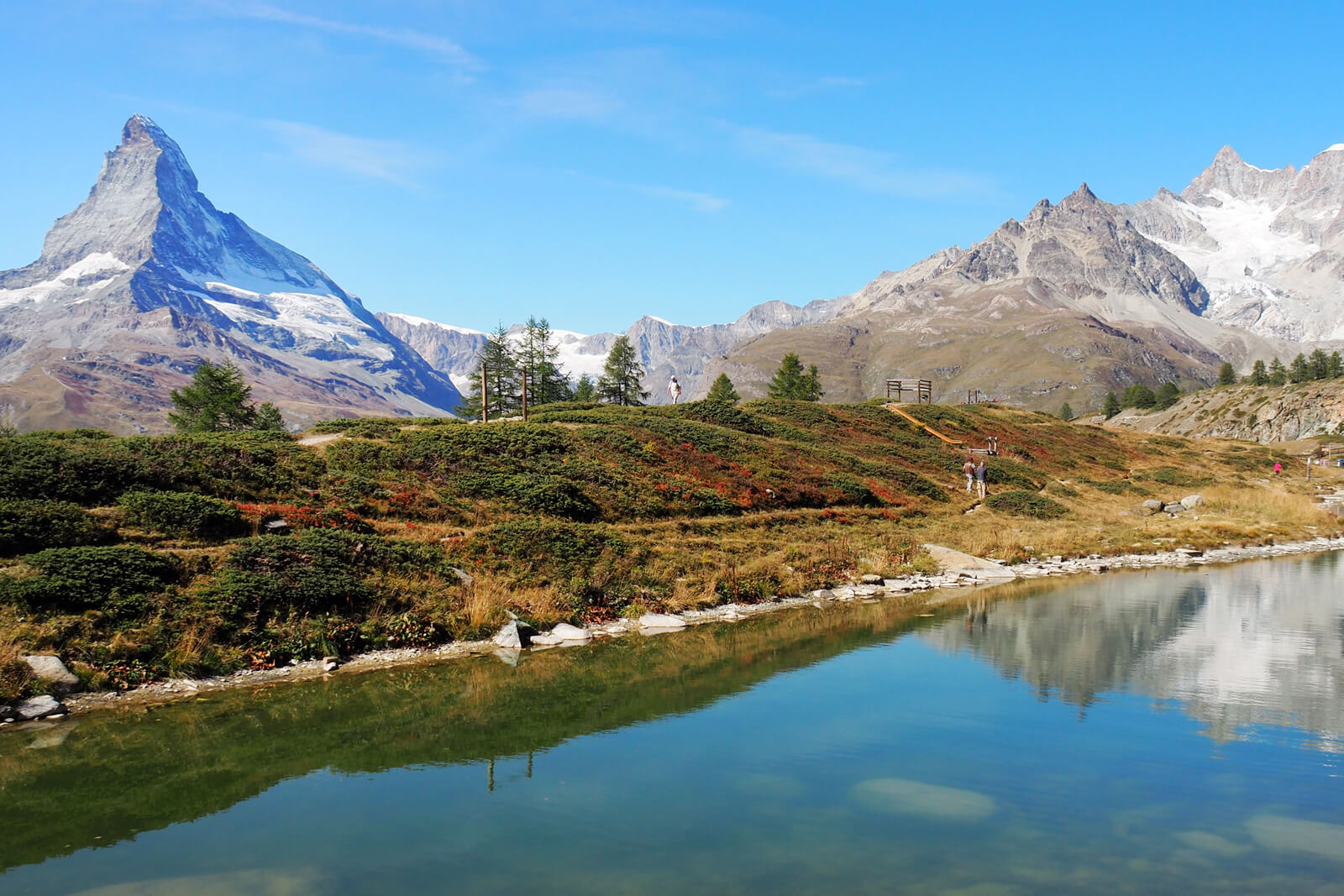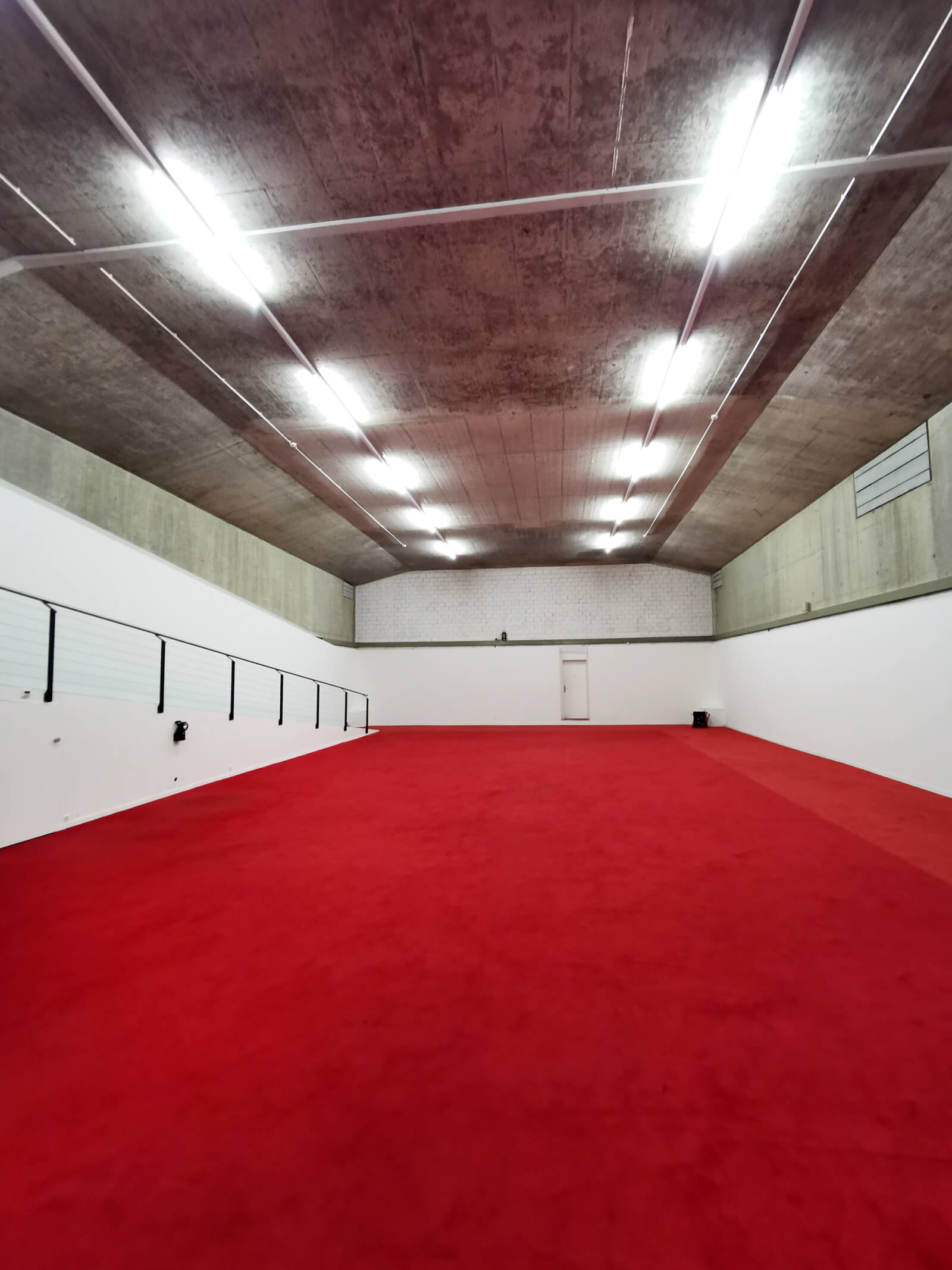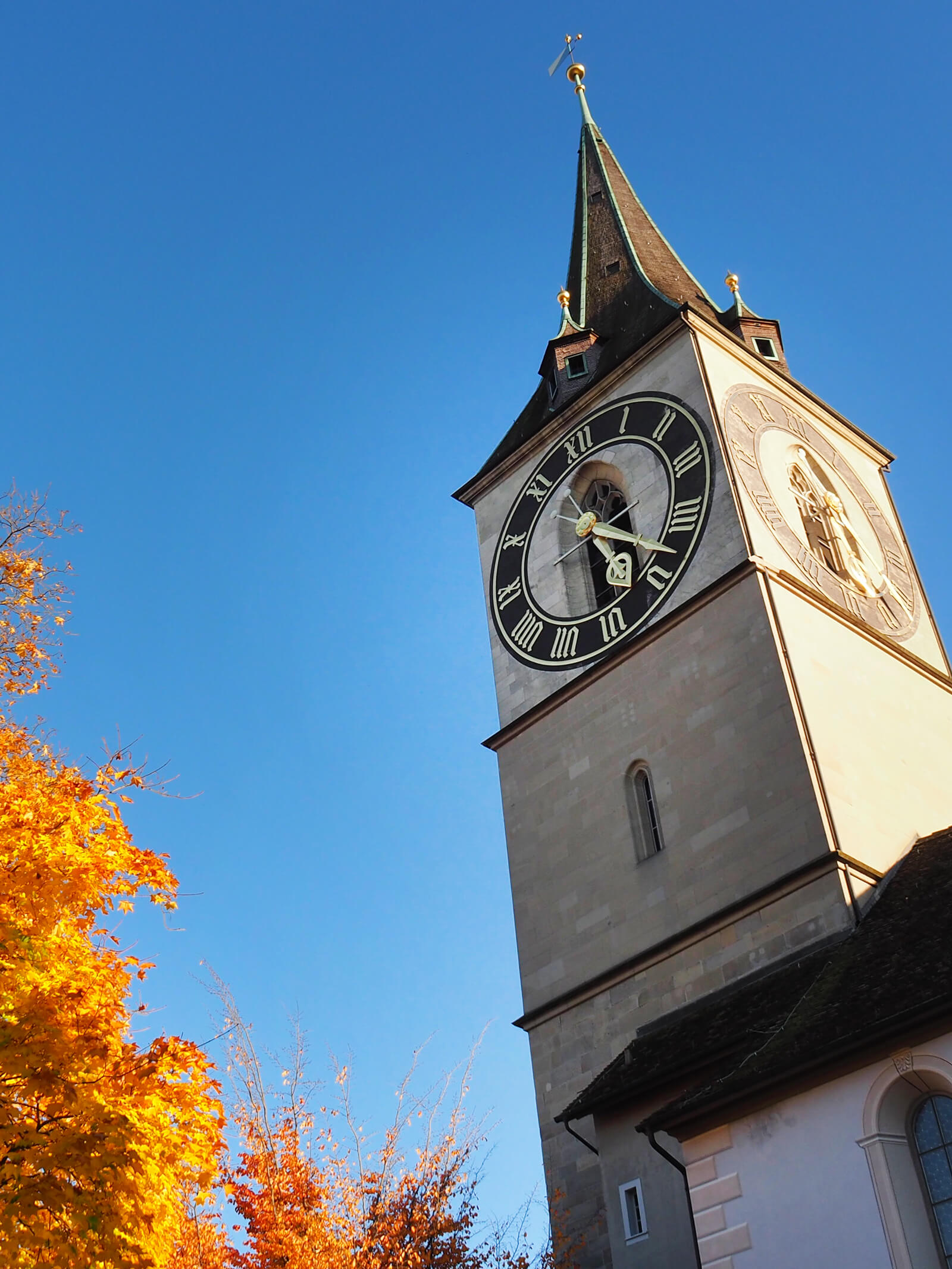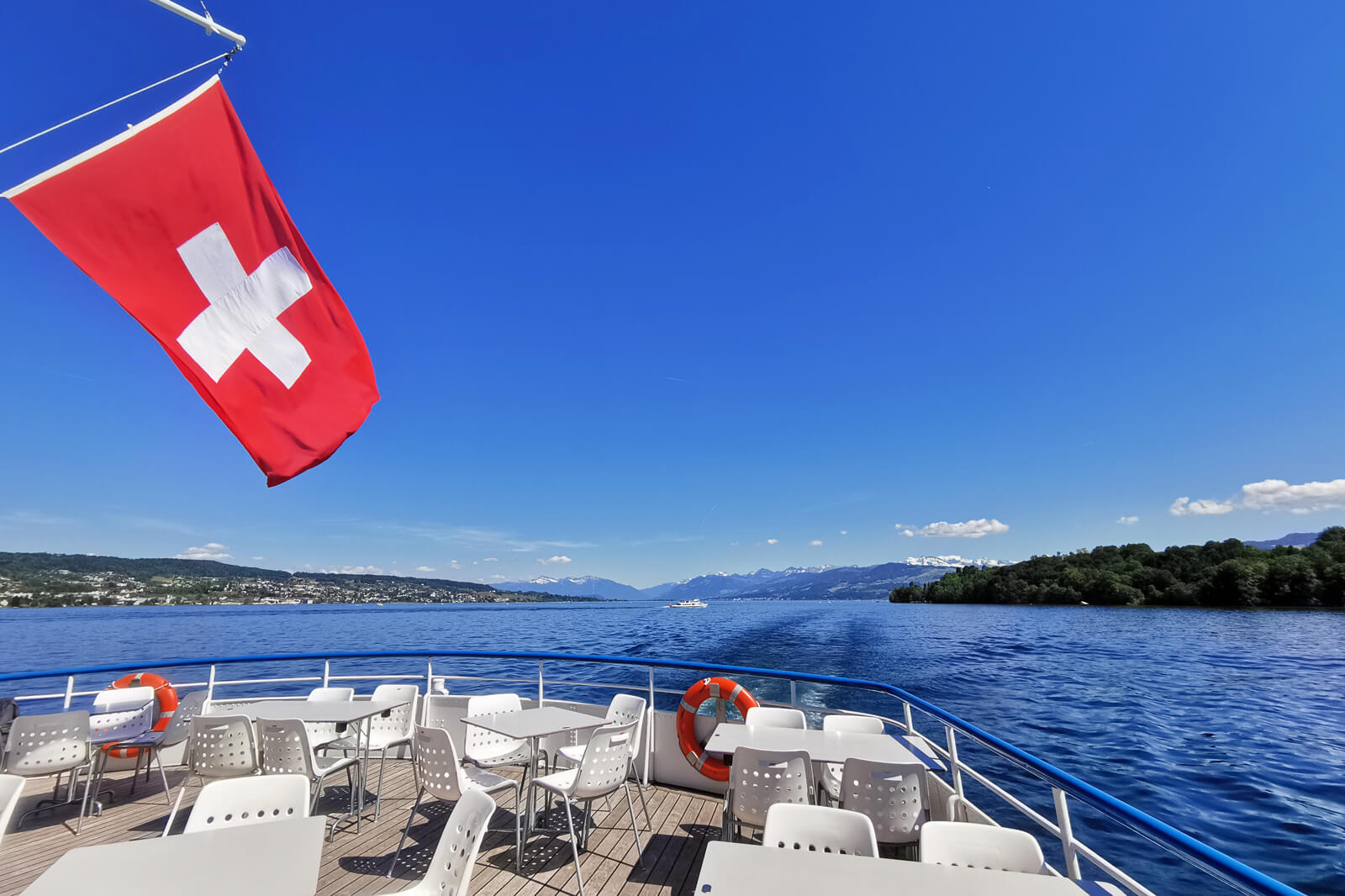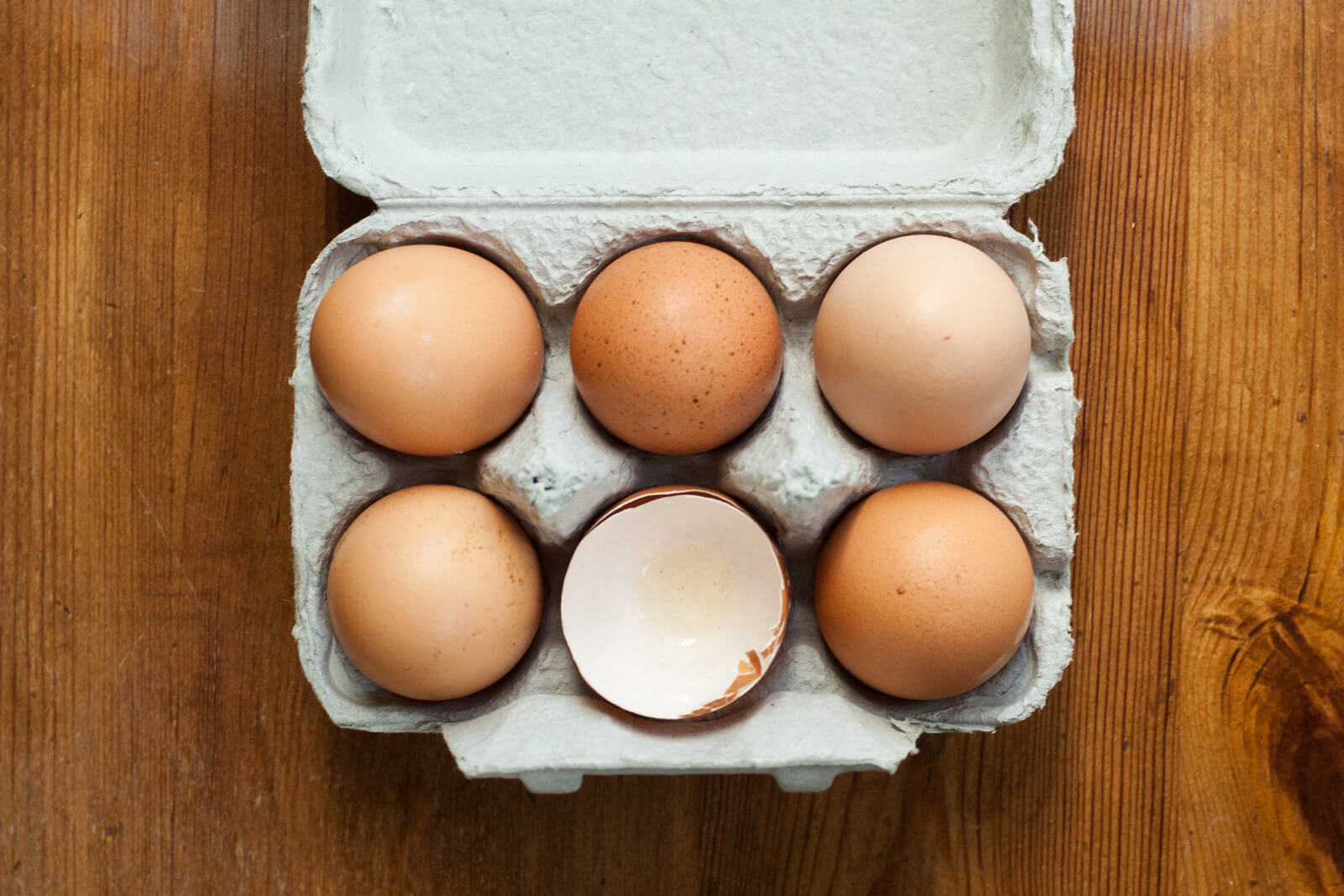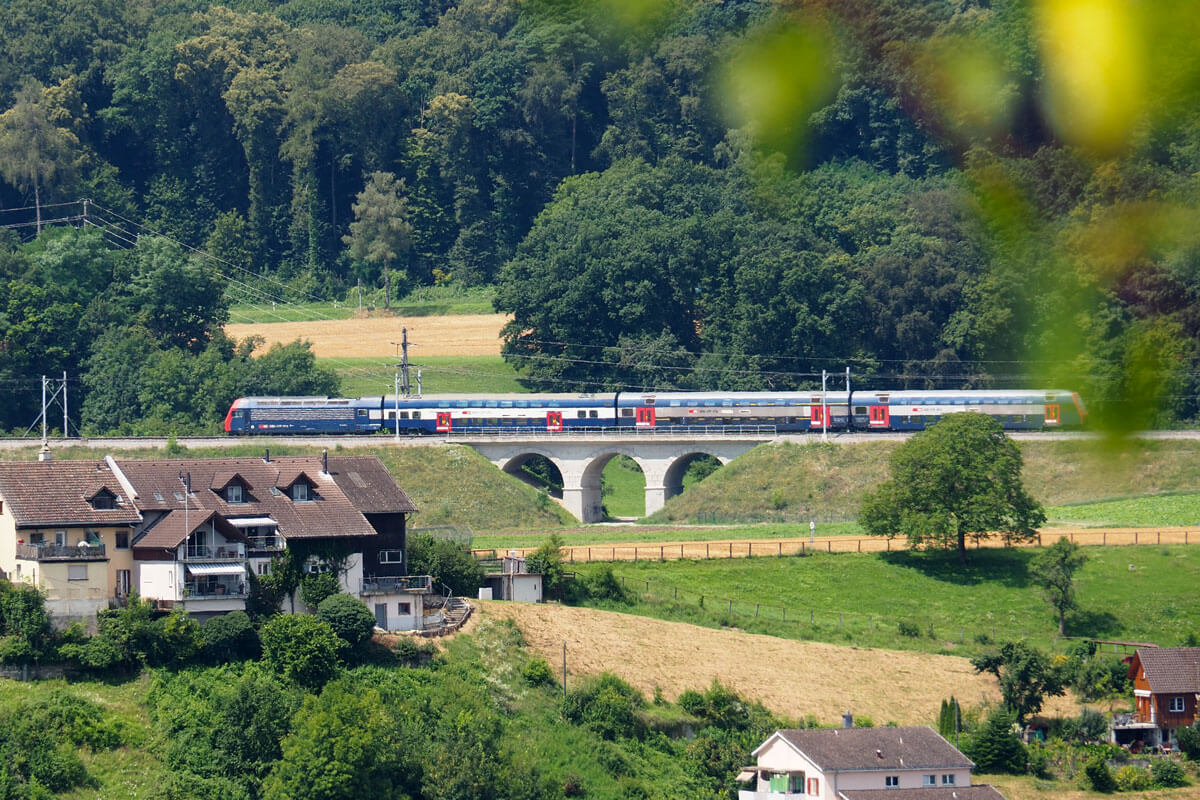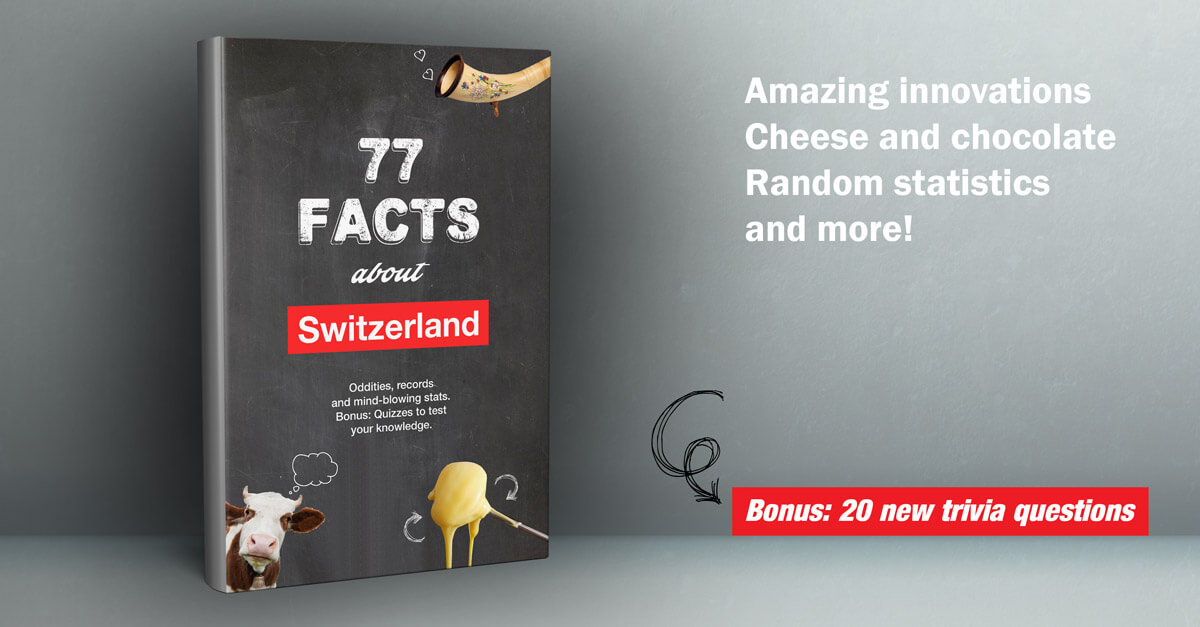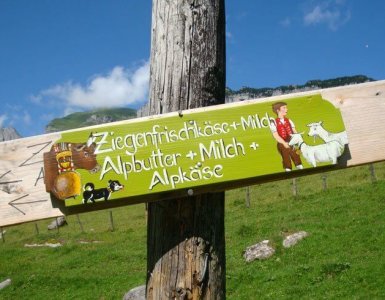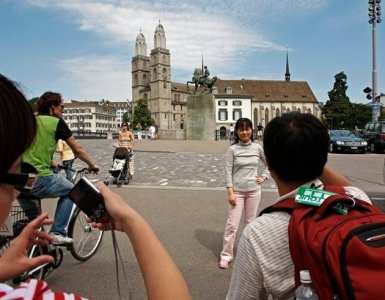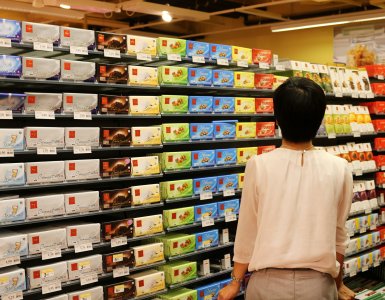Our statistics show that blog posts listing interesting facts about Switzerland are among the most popular.
Our facts have intrigued readers from all walks of life to share their own insights, be it historians or the Swiss abroad. We have even received emails from school kids researching an assignment about Switzerland! There is something about facts and factoids that makes them appealing: they are easy to remember and often serve as an ice-breaker in a conversation.
So, here we are once again with a fresh load of intriguing facts about Switzerland! From geography to politics (and even airline sickness bags), let us still your thirst for knowledge:
Car license plates are issued to individuals. If you sell the car and buy a new one, the plate stays with you.
Car sharing was invented in Switzerland in 1948.
In the post-war times, it was difficult for many to afford their own car. The Zurich based Selbstfahrergemeinschaft (Sefage) cooperative was a pioneer in car sharing as it provided its members access to a car.
Two thirds of Switzerland are uninhabitable. No wonder mini golf was invented here - there is simply not enough space for regular golf!
The largest canton is Grisons (7105 sq km), but the most populated one is Zürich.
On average, the timberline in Switzerland is at 2100 m above sea. Above this altitude, no trees can grow.
The lush Lauterbrunnen Valley inspired J.R.R. Tolkien’s Rivendell, the fictional valley of Middle-earth.
The Jungfrau massif got its name from a pasture at its feet which used to be owned by the nuns of Interlaken.
The highest railway station in Europe is in Switzerland, on top of the Jungfraujoch at 3454 m/11'330 ft.
There is an unused stretch of tunnel underneath Zürich's main station. Built in the 1950's, the four-lane tunnel was supposed to serve as a connection between the A1 and A3 freeways.
In 2019, the Swiss broke their own record when it comes to patent filings per capita. According to the European Patent Office, there were 988 patents filed per 1 million residents, with companies such as ABB, Roche or Nestlé leading the pack.
The St. Peters Church in Zürich has Europe's largest clock face with an outer diameter of 8.64 metres. Bern's Cathedral claims the tallest church tower in Switzerland at 100 meters.
Switzerland has no official capital. Since 1848, Bern has been the location of the Federal Palace and important government institutions.
Swiss politicians are rather diligent: regular sessions at the parliament start as early as 8 AM.
In Glarus, they practice the most direct way of direct democracy. During the annual Landsgemeinde, residents will appear on a central square where they will vote by raising their hands.
A company in Bern produces air sickness bags for 100+ airlines.
In 1974, Elag AG standardized its so-called convenience bag which is still being used by more than 100 airlines to this day. According to swissinfo.ch, the inventor came up with a special folding technique that would proof the paper bag for liquids. Prior to the invention of air sickness bags, airlines provided cardboard boxes or cans to sick passengers.
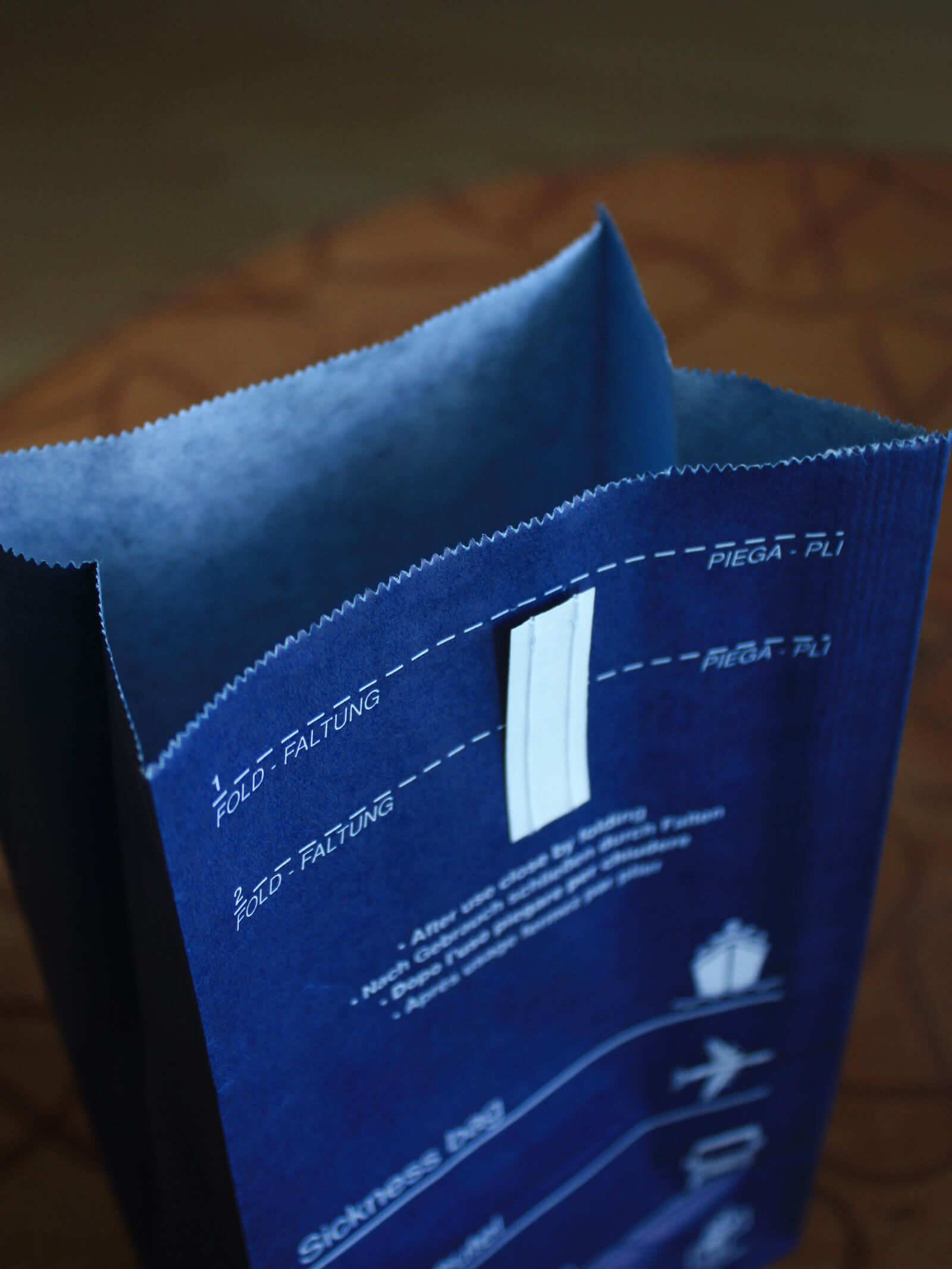
The Swiss flag – although square like the Vatican's – needs to be in rectangular shape when being used on a ship.
A newborn's name must be on an approved list.
Swiss parents do not have the freedom to name their child "Darvida" (a type of cracker) or "Schorsche" (a phonetic spelling of "George"). Resident foreigners can be exempted from this rule, but they must obtain an official statement from an embassy that attests that the name is acceptable in the other country.
Curling is a popular spectator sport.
It receives far more television coverage during the Olympics than figure skating! This is probably because Switzerland won the gold medal the first time curling was officially in the 1998 Olympics in Nagano, Japan.
There is no need to refrigerate eggs in Switzerland (and in the rest of Europe).
The reason is that eggs are natural to the point that they still contain the protective coating that prevents bacteria from entering the egg. In contrast, the US is one of the only countries requiring the washing of commercially produced eggs, thus making refrigeration a necessity.
There is a daily train transporting inmates to a prison near Zürich.
The so-called "Jail Train" runs twice daily between Bern and Bassersdorf. Together with Securitas, Swiss Railways operate an inmate transportation service. It is in charge of transferring inmates or of bringing them to court appointments or hospitals.
The network contains several dozen pick-up and drop-off points and transported some 16'000 inmates in 2019. Click through to see some photographs of Switzerland's Jail Train: tagesanzeiger.ch.
The Swiss Federal Railways run the most efficient rail network in the world. Each rail segment is crossed by about 95 trains every day.
Now, download our e-book with 77 interesting facts about Switzerland:
(Sources: Patent filings/swissinfo.ch)

